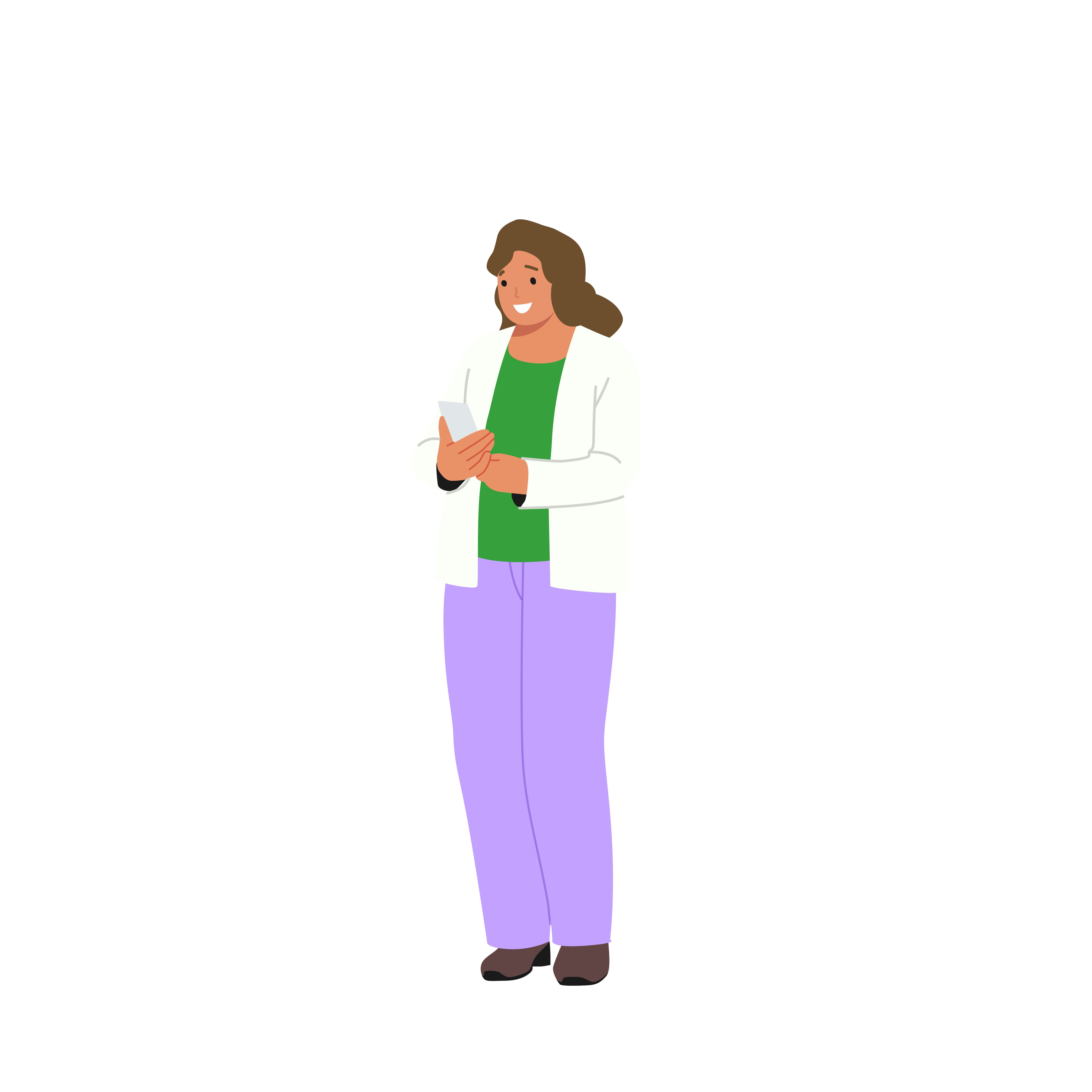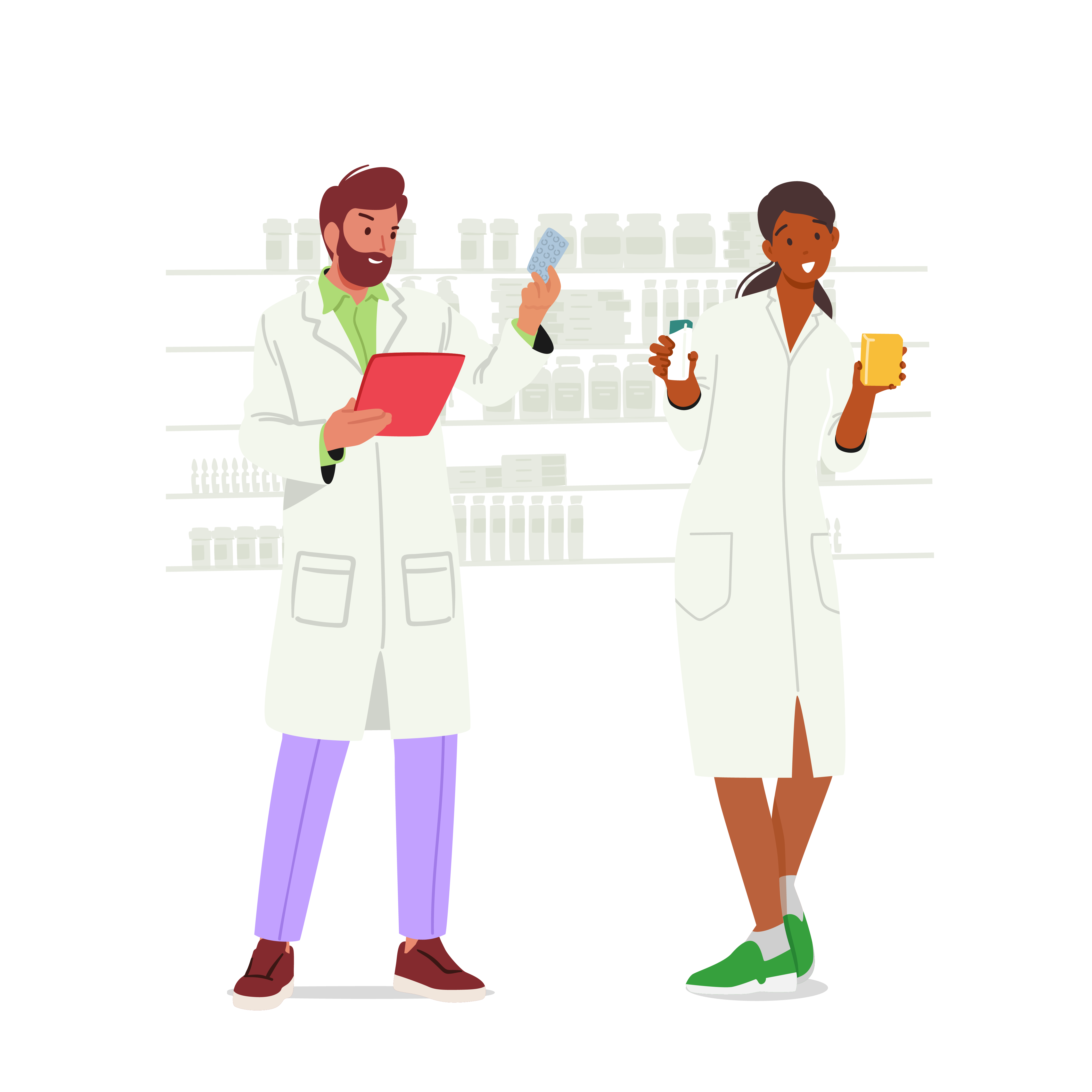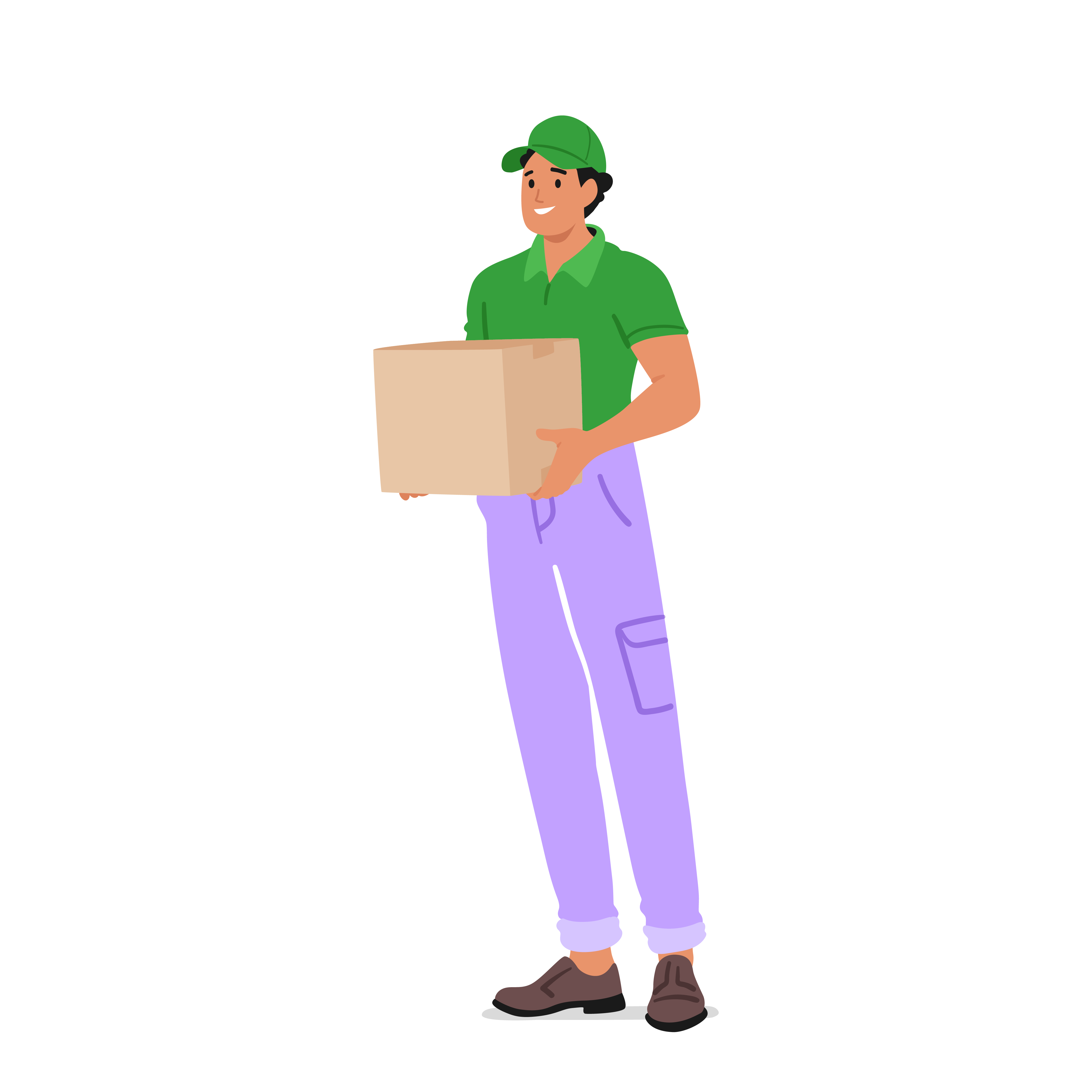- Home
- Chronic Conditions
- Situational Anxiety Treatment
Situational Anxiety Treatment
Situational anxiety is the feeling of panic, stress and worry regarding a changing environment, upcoming event or new situation. It differs from other anxiety disorders in that it’s usually more rational and less constant, and you can usually pinpoint the cause of your feelings.
If something is happening in your life that’s causing you anxiety, we have medications that can help you relax and aid in relieving tension. With the same fast and friendly service that you know us for, we offer effective results.
More Information
What is situational anxiety?
Situational anxiety is one of the most common forms of anxiety and is based on new or changing factors. These factors can cause nervousness, worry, stress, and panic that can, in turn, lead to irritability, trouble sleeping, muscle tension and tension headaches.
Anxiety as a term is very general and when people use it, they could potentially be describing any number of different medical disorders. If someone is medically diagnosed with anxiety then it is likely to be an anxiety disorder, which causes the aforementioned side effects but for irrational reasons (such as making a phone call, posting a parcel or engaging in conversation with someone other than close friends). Situational anxiety is different from this in that it normally affects people for a short amount of time (due to a particular stressor), rather than all the time.
What causes situational anxiety?
There are many things that can trigger a person to suffer from situational anxiety and it’s normally related to something new, upcoming, or changing. Something new might include a new job or new relationship, something upcoming might include a job interview or medical appointment and something changing might include moving house or experiencing money problems. Situational anxiety can also be caused by less rational things though, that usually involve a certain amount of pressure; driving in traffic or riding in a busy lift.
Of course, every person will experience one of these triggers at some point in their life but not everyone will suffer from situational anxiety over it. This is because there are specific causes of situational anxiety including genetics and other medical conditions. You can also be more likely to suffer from it in this digital day and age because of the lack of human interaction and connection. If you have previously abused drugs, or even have a high intake of alcohol or caffeine then you may notice situational anxiety.
How can I treat situational anxiety?
At PharmXtra, we offer treatments for situational anxiety that help to reduce the physical side effects. Propranolol is a beta-blocker, which means that it slows down the rate of your heartbeat and blocks the effect of adrenaline. This can help you to remain calmer, and reduce symptoms such as sweating, trembling and shortness of breath.
Because medication only alleviates symptoms and does not get to the root cause of the problem, it’s a good idea to combine medical treatment with other factors. Attending therapy can help to identify any past traumas or childhood issues that may be causing your anxiety, as well as giving you an opportunity to talk about the things that are worrying you.
Lifestyle changes can also help to keep you feeling calm and avoid the panic that anxiety causes. Opt for regular exercise, a routine sleeping pattern, reduced caffeine intake and no smoking for the best possible results.
Our convenient, discreet & safe private prescription service



Select the medication that you need
Choose from our wide range of treatments and get started today—no need to visit a pharmacy or GP.
Complete an expert online consultation
Your expert online consultation with one of our registered prescribers is a vital part of our process - ensuring you get the treatment that you need confidentially and conveniently.
Discreet delivery to your home
One of our regulated partner pharmacies will dispense and ship your treatment directly to you in discreet packaging.

